Soil Microbiology
Synopsis
Soil microbiology focuses on the soil viruses, bacteria, actinomycetes, fungi, algae and protozoa, but it has traditionally also included investigations of the soil animals such as the nematodes, mites, and other microarthropods. These organisms, collectively referred to as the soil biota, function in a belowground ecosystem based on plant roots and litter as food sources. Modern soil microbiology represents an integration of microbiology with the concepts of soil science, chemistry, and ecology to understand the functions of microorganisms in the soil environment. The surface layers of soil contain the highest numbers and variety of microorganisms, because these layers receive the largest amounts of potential food sources from plants and animals. The soil biota form a belowground system based on the energy and nutrients that they receive from the decomposition of plant and animal tissues. The primary decomposers are the bacteria and fungi.
Read more
67.50
60.75
$
75.00 $
Free delivery Wolrdwidе in 10-18 days
Ships in 2-4 days from New Delhi
Membership for 1 Year $35.00
Get it now and save 10%
Get it now and save 10%
BECOME A MEMBER

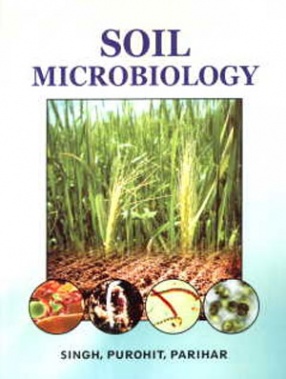

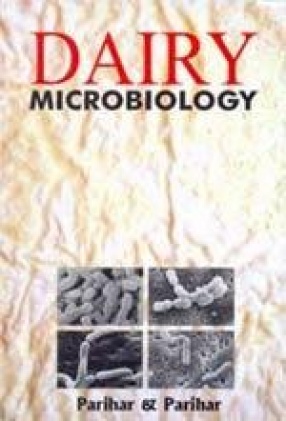
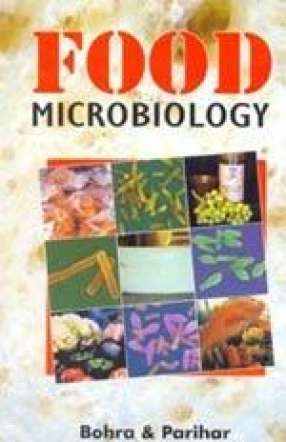


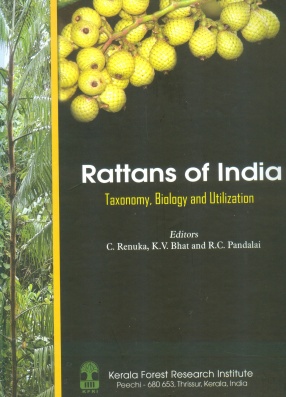
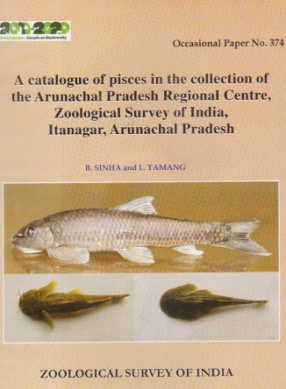
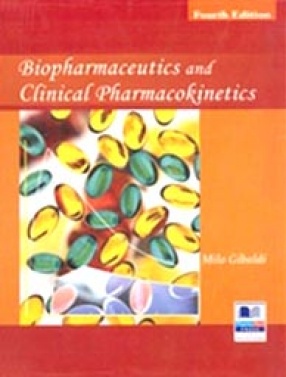

Bibliographic information
S S Purohit
Pradeep Parihar